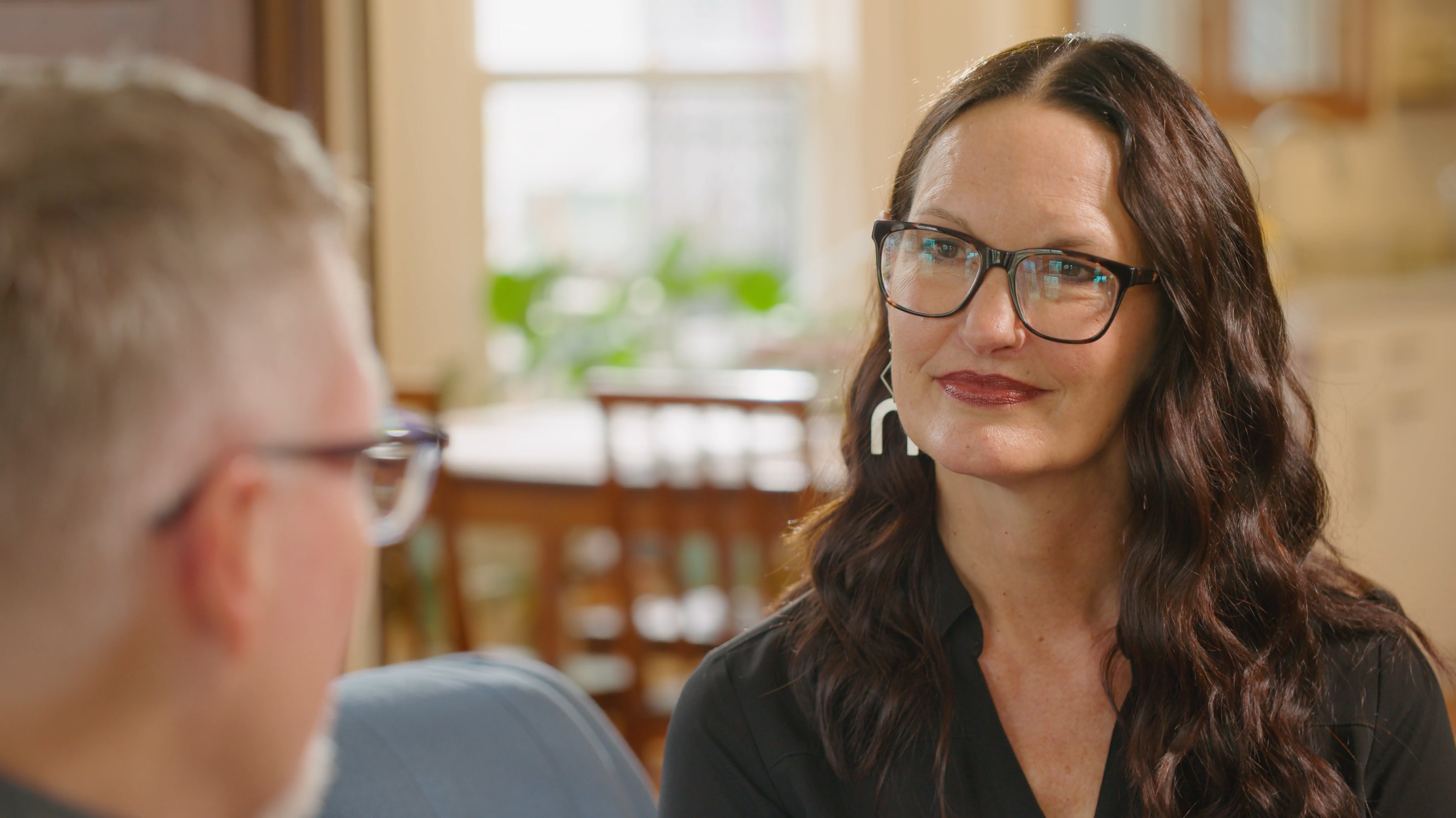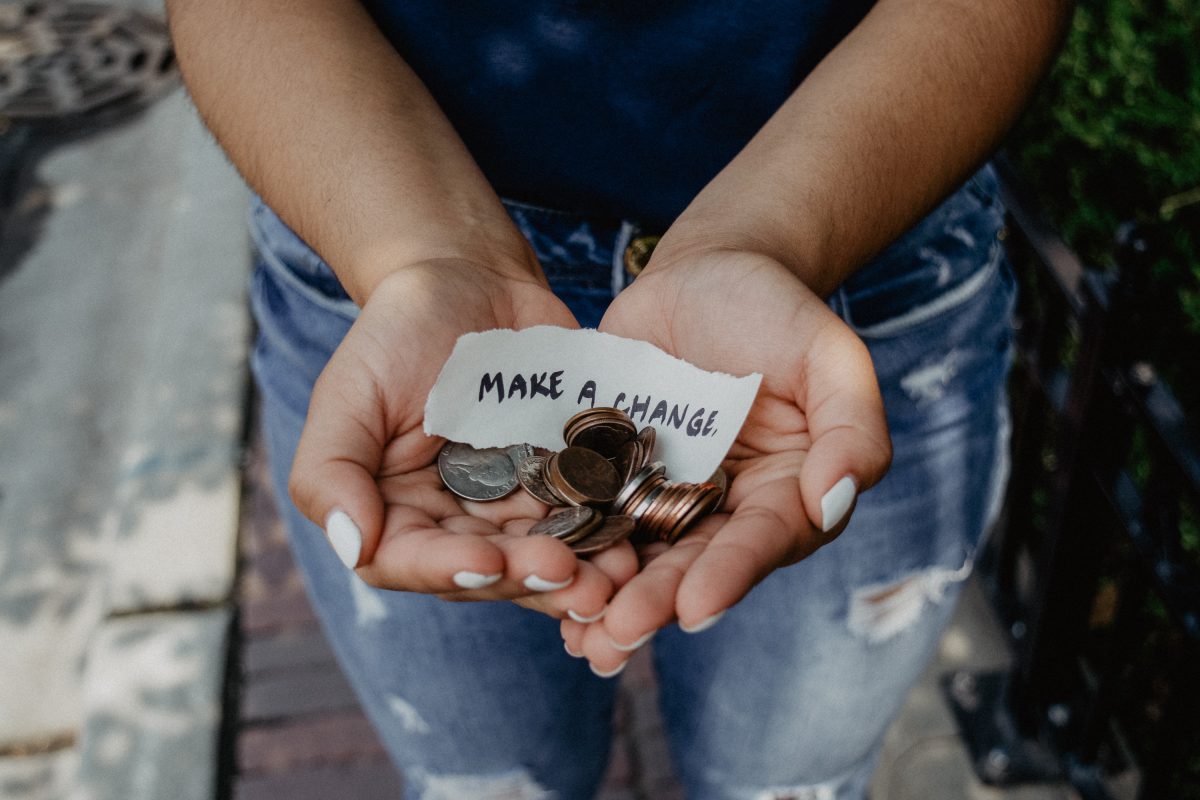Is your organization’s fundraising strategy focused primarily on events, membership programs, or an annual giving model? While these strategies can certainly be valuable, they tend to promote a transactional giving mindset that limits the organization’s fundraising revenue. These transactional approaches often divert dollars and attention away from the one-to-one relational strategies that form the foundation of a healthy major gifts program.
To continue to grow into the future, our clients have recognized the need to move to a relational fundraising model that’s centered on learning the donor’s passions and interests, connecting them to the mission, and reporting back on the impact of each individual gift.
But adopting a relationship-focused fundraising model doesn’t mean you need to abandon membership programs or fundraising events. Those are still great tools to acquire donors and introduce them to your mission so you can cultivate those relationships toward transformational giving through your mid-level and major gift programs.
So how do you begin to shift away from a transactional mindset in fundraising? Here’s how we tackled this question in a recent “Question of the Month” video. And if you’re looking for more on how to maximize your events strategy within a relational framework, check out our free White Paper, Events and Major Gift Fundraising.
Read the full transcript below:
Karen Kendrick
Welcome to this month’s Question of the Month. We’ve had the opportunity to work with some incredible organizations over the years that had thriving membership, annual gifts, or events programs. But they realized they needed to move to a relational fundraising model if they were going to continue to grow into the future. Those that worked with us to build a program and create partnership across disciplines saw incredible results. So Jeff, what were the steps our clients took to move out of a membership or event-space model into a relational fundraising model?
Jeff Schreifels
Great question. Let me first say, they didn’t abandon the membership, or events, or the annual gift, all those kinds of things, they didn’t abandon those things. But, they had to change their mindset, from transactional to more transformational. And so it shifts from that mindset to a more, “What are the donor’s passions and interests,” right? Rather than just trying to get a bunch of direct mail pieces out or just do the event, they’re now thinking about who the donor is. So moving to that.
Jeff Schreifels
And then, of course, the next step is really having a commitment to investing in mid and major gifts. So, many organizations spend millions of dollars into donor acquisition and cultivation programs, events, all of those things, and they are good things, but that’s all they invest in. And so they haven’t been investing in those one-to-one type of relationship strategies that mid and major gifts is all about. So, when you invest in major gifts and mid-level, you’re investing in more people, you’re investing in all the back-end work that needs to be done, like thanking properly, all of those things. And you’re also trying to create a system of reporting back impact, because that’s really what donor-centered fundraising is all about. And the focus is really on individual donors. Finally, it’s not about you abandoning all this thing about membership.
Karen Kendrick
I’m glad you brought that up. Because it can be like we’re throwing all that away.
Jeff Schreifels
No. We’re not throwing that away. But those are tools to acquire donors that eventually will move up into mid and major, so that we can get to know those donors’ passions and interests, and start asking them for larger gifts, by building a relationship, one-to-one relationship eventually, with those donors. So those are the tools that our clients that have brought us on have moved from transactional to relational. And those are the steps they have taken.
Karen Kendrick
Thanks for your insight, Jeff. We hope this has given you a new perspective for how to move into relational fundraising without losing the benefits of your membership program or event strategy. If you want to learn more about how to build a relational fundraising model, be sure to check out our Certification Course for Major Gift Fundraisers. This is a comprehensive training that will give you our best practices, tools, and resources to help you create a thriving major gift program and connect more strategically with your donors. You can learn more about this course by visiting our website or by emailing us at academy@veritusgroup.com. Thank you and take care.

![A donor is showing her membership card. Moving Out of a Membership Mindset [Podcast Episode]](https://veritusgroup.com/wp-content/uploads/2022/08/Podcast-Episode-Blog-Post-Header-Image_081722.png)





0 Comments